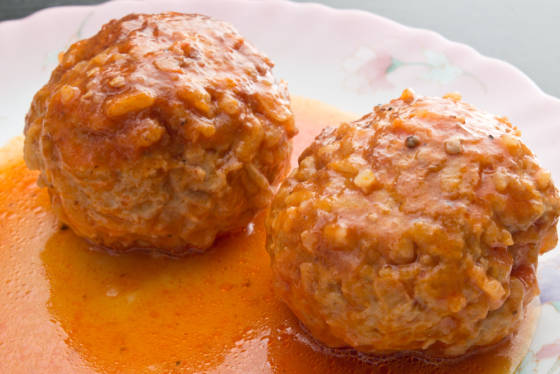Artificial meat tastings expected to get the go ahead, invitation only


MPs are expected to vote for a motion on Tuesday to allow controlled tastings of laboratory-made meat by the public, in what manufacturers say may be the beginning of the product going mainstream.
The motion, initiated by VVD and D66, comes 10 years after the first artificial hamburger, grown from 40 billion bovine stem cells, was presented by Dutch scientist Mark Post.
Since then two companies in the Netherlands have been experimenting with the technology but so far tastings outside the laboratory setting, have been illegal in Europe.
Most MPs have said they will support the trials. D66 MP Tjeerd de Groot said artificial meat is the way forward. ‘We have far too much livestock. This is a great alternative, with less CO2, a minimal use of land, water and less animal suffering,’ De Groot told RTL Nieuws.
VVD MP Peter Valstar said the tastings will make people more aware of the options. ‘This is a great Dutch invention and may well become an important food source,’ he said.
Valstar said a change in the law is needed to allow trials so companies won’t move abroad. ‘European rules are putting a brake on developments rather than stimulating them while the rest of the world is now picking up our invention and running with it,’ he said.
Controls
Artificial meat maker Daan Luining who employs 70 people at his company Meatable, said his product ‘is real meat, grown from animal cells, only there is no need to slaughter the animal.’
‘We will not be setting up stalls on every street corners for people to snack on artificial meat,’ Luining said. ‘The tastings will take place under strict controls to which members of the public will be invited,’ said Luining.
Lab setting
Last year, Hollywood actor Leonardo DiCaprio put money into Dutch cultivated meat company Mosa Meat, launched by the product’s inventor Mark Post in 2013.
A spokesman told Dutch News that the company is looking forward to working closely with the health ministry to draw up a protocol for the safe testing of its products.
The product can currently be tasted for ‘scientific analysis’ in a laboratory setting, he said.
‘But this is not helpful in bringing it to a broader audience. The tastings, if approved, will take place in the company’s test kitchen inside the facility, he said.
Thank you for donating to DutchNews.nl.
We could not provide the Dutch News service, and keep it free of charge, without the generous support of our readers. Your donations allow us to report on issues you tell us matter, and provide you with a summary of the most important Dutch news each day.
Make a donation